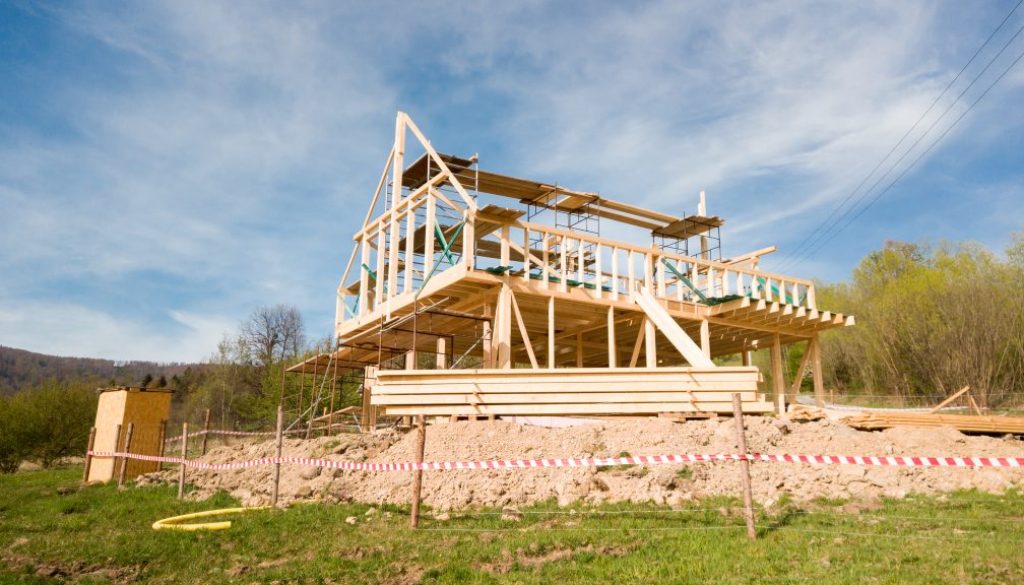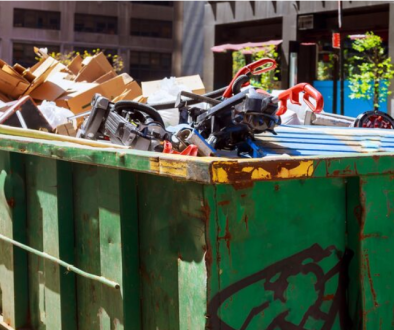Eco-Construction: Harnessing Sustainable Waste Management Techniques
In our rapidly evolving world, with its ever-increasing population and urban growth, construction is a constant. It’s everywhere—from the towering skyscrapers in our bustling cities to the cosy homes lining our suburban neighbourhoods. But it’s no secret that this industry can take a significant toll on our environment. Not only does it consume vast amounts of natural resources, but it also contributes to pollution and landfill waste.
With the rising awareness and concern for our planet’s health, there’s a growing trend towards incorporating eco-friendly practices in construction. So, let’s dive in, explore the ropes of this green approach, and understand how it can revolutionise the construction industry while keeping our environment safe and healthy
Transforming the Building Industry: Waste Management and Sustainability
Waste Reduction Strategies for Construction Projects
Reducing waste generation during construction projects not only minimises environmental impact but also contributes to cost savings and enhanced efficiency. Implement the following strategies for effective waste reduction in your construction operation:
- Design for Waste Minimisation: Adopt design approaches that maximise resource efficiency, such as modular construction, opting for reusable or recyclable materials, and selecting techniques that minimise waste generation. Strive for a circular economy approach throughout the design process.
- Optimise Material Procurement and Handling: Streamlined procurement and careful material management can optimise inventory levels and reduce waste generation. Implement accurate estimating and ordering systems, maintain well-organised storage, and ensure proper staff training for material handling.
- Deconstruction Over Demolition: Where feasible, opt for deconstruction instead of demolition. By carefully disassembling building elements, you can recover valuable materials and components for reuse, recycling, or resale, minimising the amount of waste destined for landfill sites.
- Encourage Construction Waste Awareness: Promote a company culture that prioritises waste reduction and environmental responsibility. Implement waste reduction targets, engage employees in waste management training, and motivate workers to suggest innovative approaches to minimising waste.
Embracing Recycling and Waste Segregation
Recycling is a vital aspect of sustainable waste management, transforming waste materials into valuable resources for future use. Adopt proper waste segregation and recycling strategies to enhance your construction project’s environmental performance:
- Develop a Waste Segregation System: Design and implement a waste segregation plan tailored to your construction project needs. Separate recyclable materials such as metal, glass, wood, and plastic from general rubbish, simplifying the recycling process and minimising landfill waste.
- Collaborate with Recycling Services: Engage with local recycling facilities or services like Enviro Skip Hire, which specialise in responsible recycling and waste disposal. Choose partners who share your commitment to sustainability and adhere to all relevant regulations.
- Communicate Recycling Procedures: Clearly communicate waste segregation and recycling procedures to workers and subcontractors on-site. Provide designated receptacles and clear signage, ensuring easy access and adherence to waste management protocols.
Efficient Disposal of Construction Rubbish
Responsible construction waste disposal is essential for adhering to regulatory guidelines, mitigating environmental impacts, and maintaining project efficiency. Consider the following principles when managing construction rubbish disposal:
- Choose the Right Skip for the Job: Selecting a suitable skip size and type for your construction project is crucial for effective waste management. Consider factors such as waste volume, site accessibility, and local regulations when determining the most appropriate skip to hire.
- Schedule Efficient Waste Collection: Plan for regular and prompt rubbish collection, minimising on-site hazards and maintaining construction site cleanliness. Partner with a reliable and professional service provider like Enviro Skip Hire, who can accommodate your project’s unique waste management needs.
- Comply with Local Regulations: Familiarise yourself with relevant waste disposal regulations and industry best practices, ensuring that your waste management processes align with legal requirements and demonstrate environmental responsibility.
Partnering with a Reputable Waste Management Provider
Collaborating with an experienced waste management provider like Enviro Skip Hire can greatly enhance the sustainability and efficiency of your construction project waste management process. Benefits of partnership include:
- Customised Solutions: Enviro Skip Hire’s experts will work closely with you to develop tailored waste management strategies designed to meet your specific project needs while optimising environmental performance.
- Reliable and Efficient Service: Enviro Skip Hire’s commitment to customer satisfaction ensures a seamless and dependable waste management experience, allowing you to focus on other critical aspects of your construction project.
- Environmental Responsibility: With Enviro Skip Hire’s dedicated eco-friendly approach, recycled materials are prioritised, and waste is disposed of responsibly, minimising environmental impact and supporting your sustainability goals.
The Role of Eco-Friendly Techniques in Shaping the Future of Construction
Embracing sustainable waste management practices in the construction sector is essential for industry leaders to fulfil their environmental responsibilities, contribute to a greener future, and enjoy the economic and operational advantages associated with sustainable project execution.
Contact Enviro Skip Hire today to learn more about how our customised skip hire solutions in Winsford can support your construction project’s waste management needs, contributing to environmental stewardship and a more sustainable construction industry for future generations.




